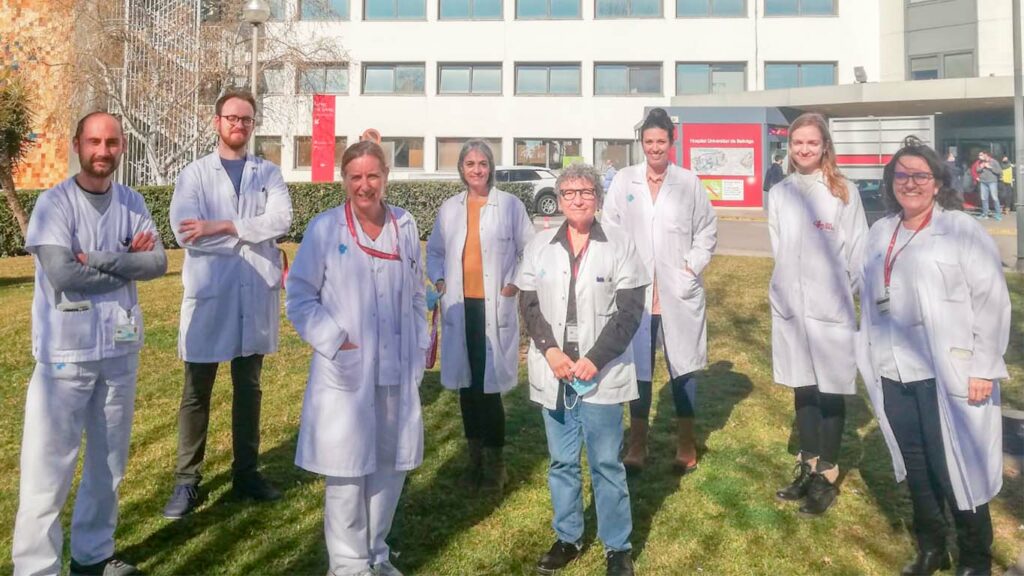The IDIBELL bacterial infections research group, and the Bellvitge University Hospital Microbiology Service, in collaboration with CIBERINFEC and CIBERES, have discovered new keys to understanding the persistence of Staphylococcus aureus resistant to the antibiotic methicillin in the hospital environment.
Specifically, in a study published in Research in Microbiology, researchers have shown that the gene sasG variant (Staphylococcus aureus surface protein G) presents a higher association with the formation of biofilms, self-protection systems that help bacteria to persist in the environment and adhere to the medical devices.
S. aureus is a major cause of hospital-acquired invasive infections associated with long hospital stays, costly treatment, morbidity, and mortality. In addition, its high level of methicillin resistance represents an added therapeutic challenge. The presence of this bacterium in the hospital environment and its adherence to medical devices contribute to the transmission of hospital infections and the spread of the bacterium throughout the human body.
The Bellvitge Biomedical Research Institute (IDIBELL) is a biomedical research center created in 2004. It is participated by the Bellvitge University Hospital and the Viladecans Hospital of the Catalan Institute of Health, the Catalan Institute of Oncology, the University of Barcelona and the City Council of L’Hospitalet de Llobregat.
IDIBELL is a member of the Campus of International Excellence of the University of Barcelona HUBc and is part of the CERCA institution of the Generalitat de Catalunya. In 2009 it became one of the first five Spanish research centers accredited as a health research institute by the Carlos III Health Institute. In addition, it is part of the “HR Excellence in Research” program of the European Union and is a member of EATRIS and REGIC. Since 2018, IDIBELL has been an Accredited Center of the AECC Scientific Foundation (FCAECC).

